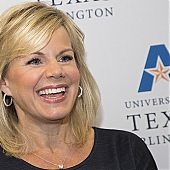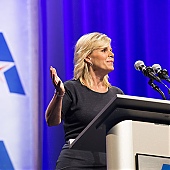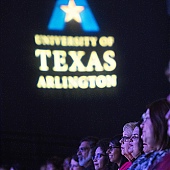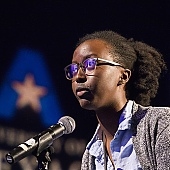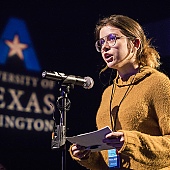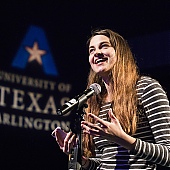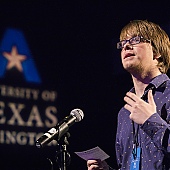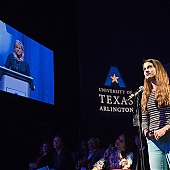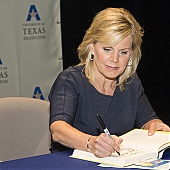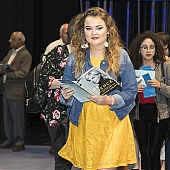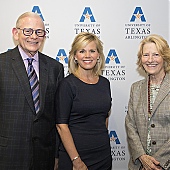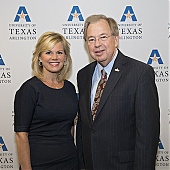Book Argues Green Energy Falls Short
Summer 2011 · Comment ·
A cleaner environment. Plentiful jobs. Improved quality of life. Green energy promises all of this, but can it deliver? Roger Meiners says there’s a lack of evidence that it can. Dr. Meiners, the Goolsby Distinguished Professor of Economics in the College of Business, explains his theory in The False Promise of Green Energy, co-written with Andrew Morriss of the University of Alabama; economist William Bogart, president of Maryville College; and Andrew Dorchak, head of reference at the Case Western University School of Law. The book evaluates claims that emphasizing green energy and green jobs can improve the economy and the environment, although they would require spending billions of dollars. It also contrasts energy production realities and energy use in the United States and the rest of the world with proposals from green jobs advocates. “We looked at the issue with the critical eye of economic analysis,” says Meiners, chair of the Economics Department. “There are too many unanswered questions, too many aspects of green energy that have not been checked.” The False Promise of Green Energy explains that nearly half of the energy consumed in the United States goes indirectly to produce food, medicines, and consumer goods. If energy costs rise because of forced use of more expensive renewable energy, the book asserts, these other costs rise as well. The book also describes what it calls the high costs of green energy programs advocated by special interest groups. “Our book shows the recklessness of trying to transform society with borrowed money instead of allowing free-market economies to will out,” Meiners says. “Those competitive forces allow for greater environmental quality and energy efficiencies, not government programs and grants.”
